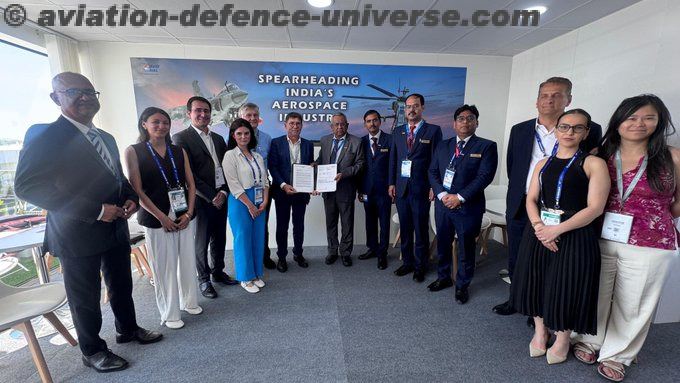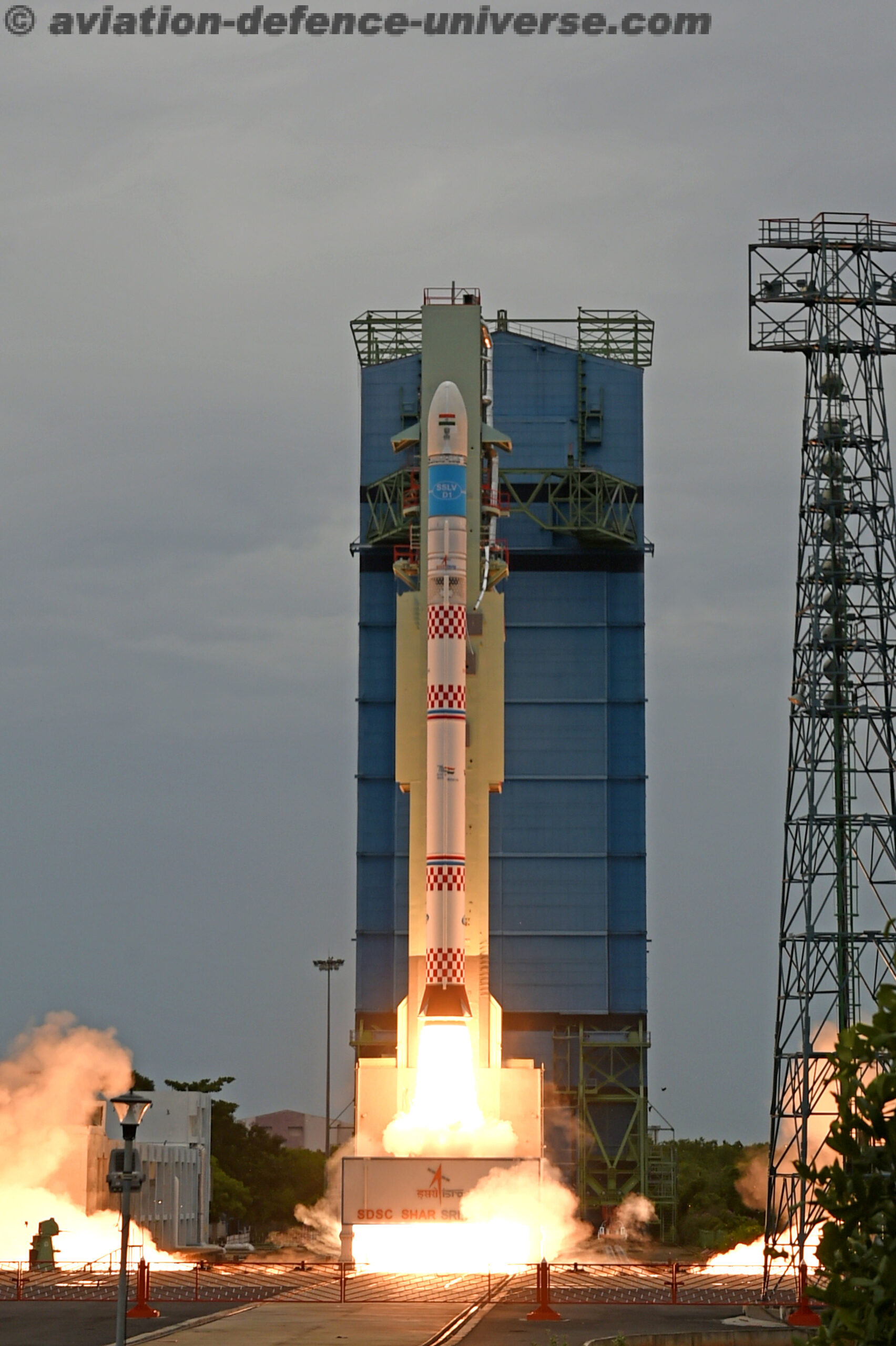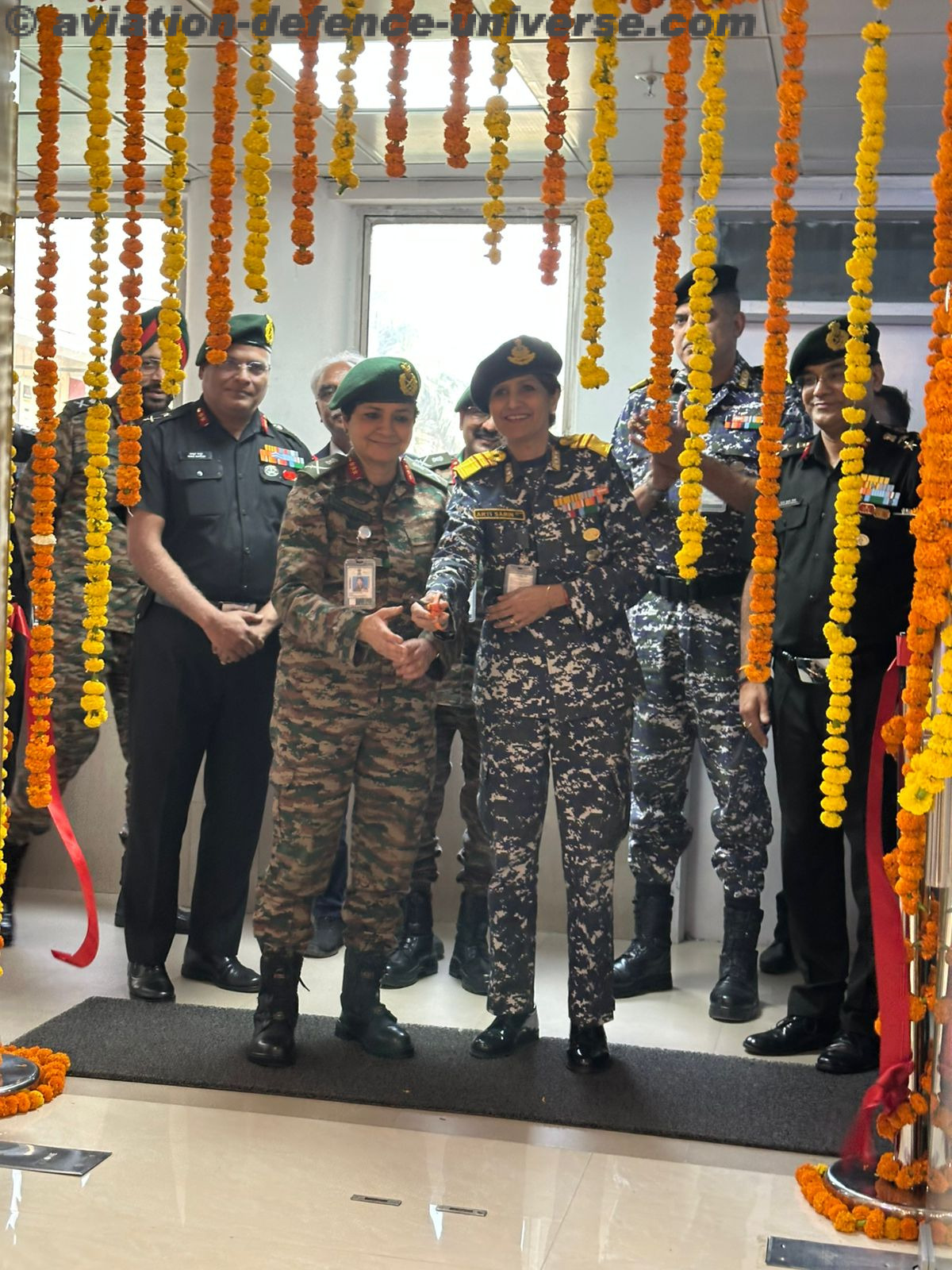By Rohit Ratan Saxena

New Delhi. 05 July 2019. It seems to be just the time in India for changes towards making the on the rise civil aviation sector stable and the government has proposed to hike the foreign direct investment ( FDI) limit in domestic air carriers from existing 49%. “The government will examine suggestions of further opening up of FDI in aviation, media (animation, AVGC) and insurance sectors in consultation with all stakeholders,” informed Nirmala Sitharaman Finance Minister in the Budget 2019. But will this decision if implemented help troubled airlines such as Air India and Jet Airways?
But the most interesting statement which emanated from the Budget speech was this. “As the world’s third-largest domestic aviation market, the time is ripe for India to enter into aircraft financing and leasing activities from Indian shores. This is critical to the development of a self-reliant aviation industry, creating aspirational jobs in aviation finance, besides leveraging the business opportunities available in India’s financial special economic zones (SEZs), namely, International Financial Services Centre (IFSC),” Sitharaman said . Are the Air Lease Corporations and GICASs of the world listening?
The finance minister also said the government was keen to provide an enabling ecosystem for growth of maintenance, repair and overhaul (MRO) industry in the country to achieve self-reliance in the aviation sector. “The government will adopt suitable policy interventions to create a congenial atmosphere for the development of MRO in the country,” she added.
“The MRO Association of India thanks the Indian Government, especially the Ministry of Civil Aviation, The Ministry of Finance and the Office of the Prime Minister for recognising the potential and opportunity present by MRO industry. We are confident of turning India from an importer of MRO to a net exporter and create over 100,000 direct jobs and revenues exceeding Rs. 35,000 crores in the next five years. India is the world’s fastest growing aviation industry and creating a MRO ecosystem within the country will be both economically and strategically beneficial for this great country of our,” said Pulak Sen, Founder, MRO Association of India.
India, with its strong aircraft fleet, no dearth of engineering expertise and low labor costs, is just the right place to become a global MRO hub. India’s current MRO market is estimated to be around $700-900 million, with estimates from local authorities in India at the higher end of this range. The need for a strong domestic MRO industry is the dire need of the hour.
Palash Roy Chowdhury, Chairman, AMCHAM Civil Aviation Committee and Managing Director – India, Pratt & Whitney said , “we welcome the government’s intent to adopt suitable policy interventions to stimulate the MRO industry in India. We look forward to much needed government support that will enable the local MROs to compete with foreign ones which enjoy a more favourable import tax regime. This will not only boost the local MRO industry but also contribute to the government’s tax revenues.”
But this celebration is short lived as the budget documents didn’t elaborate on the policy intervention which will bring about this change in the MRO sector. So it will be a wait and watch once the euphoria of the announcement has settled down.
But an announcement which attracted the most attention was the divestment of Air India. Last year, the government had failed to sell Air India when it had offered 74 percent stake. Many showed interest but none of them actually submitted bids. If the government divests 100 percent it might just work. It may also be recalled that the total debt of Air India Ltd as on March 31, 2019, was Rs 58,351.93 crore and the government has to do something about it before it actually gets down to the sale.
But there was a pin drop silence on one of the key demands of the aviation industry, to reduce taxation on aviation turbine fuel (ATF) or jet fuel which accounts for about 35%-50% of airline’s costs. The domestic aviation industry has been lobbying to include ATF under the GST (Goods and Service Tax) regime.
Also General Aviation was missing from the budget speech totally. Probably the Finance Minister has left it to the Civil Aviation Ministry to discuss Fixed Base Operations, Parking Fees, Restricted number of ground handlers and other issues facing the sector.
The minister stated that schemes like UDAN are bridging the rural and urban divide, improving the transport infrastructure of India and regional connectivity will remain a priority with the government.































































































































